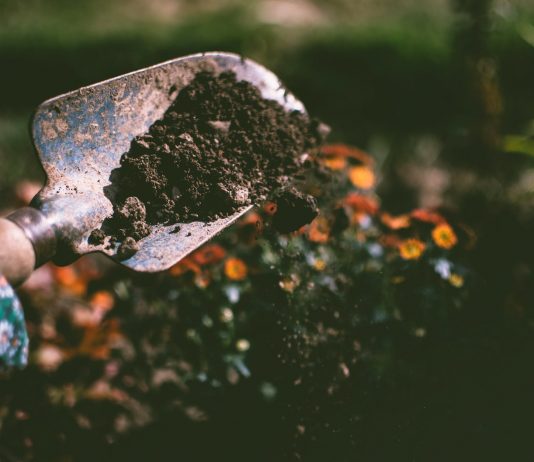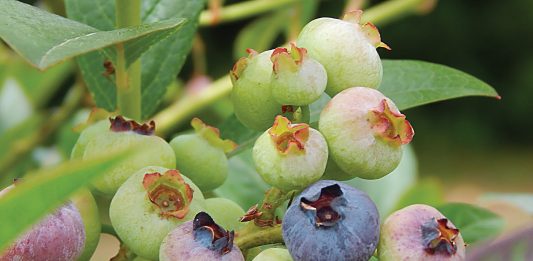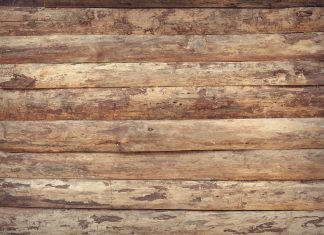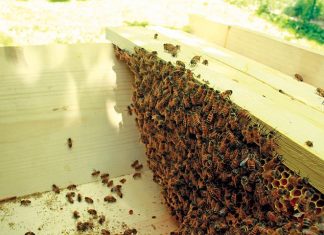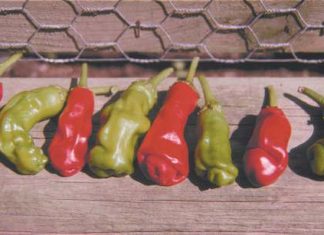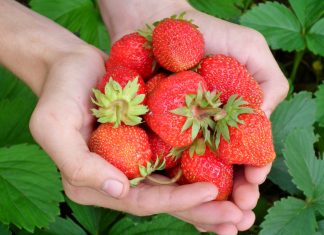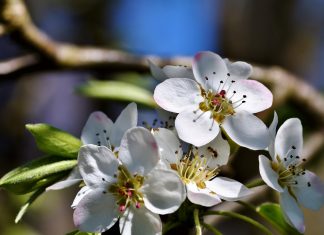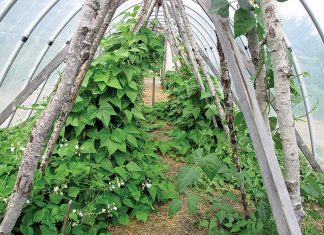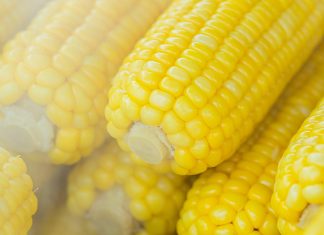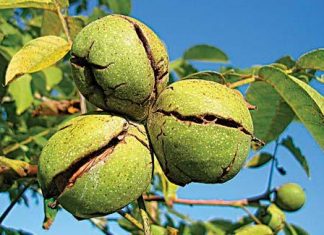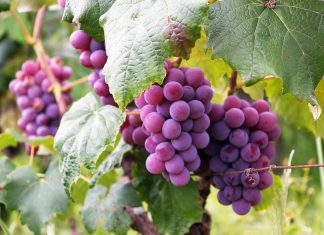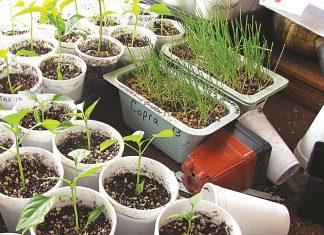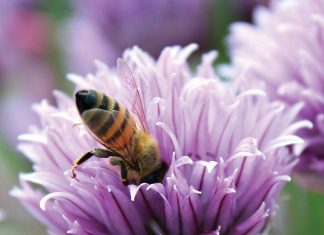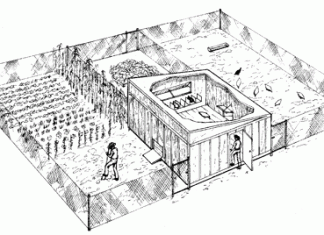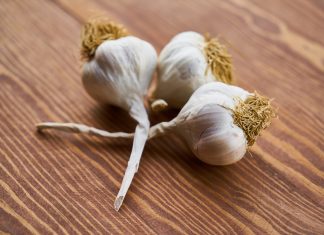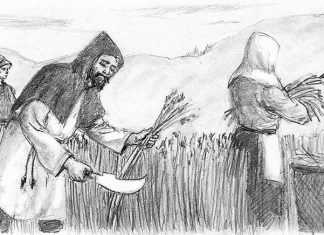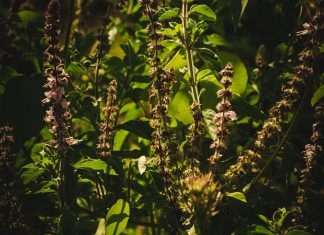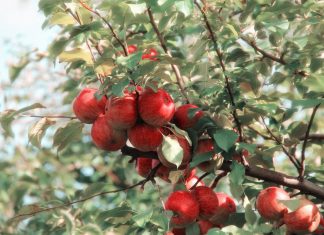Growing and Using Bamboo on the Homestead
By Jereme Zimmerman
<!--
>!>!>!> Make content-2-col-left = 70% if activating this column
-->
Issue #161 • September/October, 2016
Bamboo: The very word evokes an image of groves of tall, leafy plants swaying gently through the air...
Build a Heated Germination Bed
By Charles Sanders
Issue #92 • March/April, 2005
Many of us who garden have learned the benefits of starting our own vegetable and flower plants. There are several benefits to having a spot to start your...
Build a Top-Bar Bee Hive
By Jereme Zimmerman
Issue #175 • January/February/March, 2019
My journey to becoming a beekeeper has been a long one, and I’m still not quite there yet. For the past five years or so, I have read...
Naughty Peppers
By Alice B. Yeager
Photos by James O. Yeager
Issue #62 • March/April, 2000
If you are prudish, narrow-minded or puritanical, read no further as this article may offend you. If, however, you enjoy a good laugh...
Growing Strawberries
By Patrice Lewis
Issue #162 • November/December, 2016
As you read this, the wind may well be howling and the snow piling deep, and you're likely curled up next to the woodstove with a mug of...
No Worrying About Fire Blight with Orient and Kieffer Pears
By Alice B. Yeager
Issue #52 • July/August, 1998
Everyone likes a good success story, and if I were called upon to name the most successful tree in our small orchard I'd have to say it's...
Build Your Own Hoop House
By Jackie Clay-Atkinson
Issue #171 • May/June, 2018
I’ve had my own garden for more than half a century, and I have learned a few things after all these years. One of the most valuable things...
Use Plastic to Get a Head Start on Corn in the Fall
By Mark and Lynn Klammer
Issue #41 • September/October, 1996
As spring approaches each year, we can hardly wait for the feel of warm earth between our fingers. And so, while most avid gardeners let Mother...
Nut Trees on Your Homestead
By Jackie Clay-Atkinson
Issue #149 • September/October, 2014
While growing up in Detroit, we had no nut trees in our yard (though we did have seedlings before I left home). That didn't stop my parents, though....
Propagating Grapes
By Sylvia Gist
Issue #107 • September/October, 2007
As a kid in western South Dakota, I enjoyed picking wild grapes and using the delightful juice they produced, so when I eventually acquired property in Montana, I...
Clover — From Livestock Forage to Medicinal Tea, This Humble Plant is One of...
By Eugene Mitchell
Issue #130 • July/August, 2011
Whether young or old, lying in the grass and searching for four-leafed clovers is timeless fun. Sometimes they're so elusive, like the leprechaun, it seems they don't exist....
Growing and Using Peppers
By Jackie Clay-Atkinson
Issue #164 • March/April, 2017
I’ve been growing peppers for more than 50 years now and can’t imagine a garden without them. There are so many different varieties that no matter where you...
How to become a backyard beekeeper
By Sheri Jones
If you’ve been intrigued by the idea of becoming a beekeeper but think you don’t have the space, resources, or knowledge, you’re about to be pleasantly surprised. Backyard beekeeping is a lot...
Save Time and Energy with the Fenced Chicken Coop/Garden
By John Silveira
Issue #44 • March/April, 1997
My engineer father was not fond of wasting time or energy. He was always searching for a better, more efficient way to perform chores, especially chores that reoccurred...
Grow Garlic and Reap Health Benefits
By Alice B. Yeager
Photos by James O. Yeager
Issue #98 • March/April, 2006
Garlic is one of our oldest herbs on record. Anyone can grow garlic without having to hover over it, hoping that it produces....
By Hook or Crook: A Billhook is a Handy Homestead Tool
By R.E. Rawlinson
Issue #173 • September/October, 2018
When compared to our ancestors, we are very lucky to have readily-available tools. Stores are full of anything you could need and with online shopping, you don’t even...


